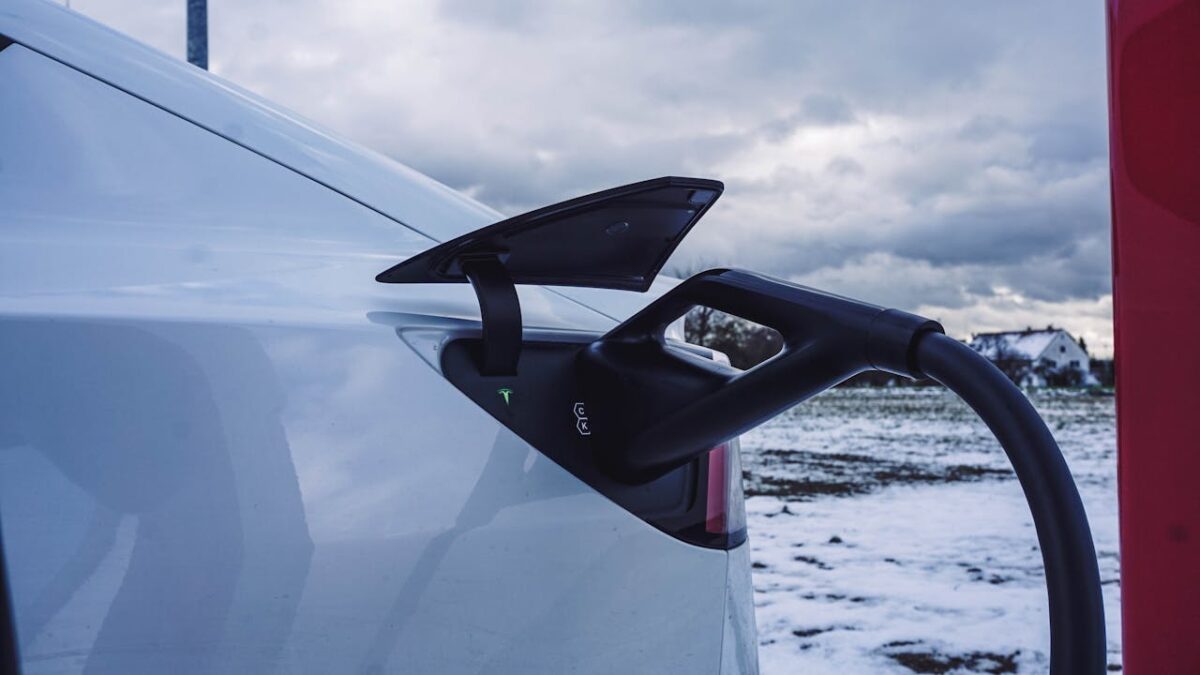Across Canada, the landscape of transportation is changing rapidly, with electric vehicles (EVs) becoming a more common sight on the roads. This transition is not just about new cars—it’s a nationwide movement that touches everything from job creation in manufacturing to affordable and sustainable transportation options for communities. As more Canadian families embrace EVs, the financial benefits are clear: significant savings on fuel costs are just the beginning. At the same time, public transportation is also evolving, with electric and hydrogen buses, along with e-bikes, offering low-cost alternatives for people of all ages and income levels.
Recognizing the importance of this transition, the Canadian government is stepping up its efforts to ensure that communities across the country are well-equipped to make the most of these advancements. In a significant move, the Honourable Jonathan Wilkinson, Canada’s Minister of Energy and Natural Resources, recently announced a $7.5 million federal investment aimed at boosting awareness and education surrounding zero-emission vehicles (ZEVs). This funding, channeled through Natural Resources Canada’s Zero-Emissions Vehicles Awareness Initiative (ZEVAI), is set to support a range of projects designed to inform and engage Canadians on the benefits and practicalities of EVs, from public charging infrastructure to clean fuels.
As Canadians use more e-bikes, e-buses, EVs, and chargers, the Government of Canada is investing in information and opportunities that will put Canadians in the driver’s seat on the road to a strong, healthy net-zero future for all our communities,” expressed the Honourable Jonathan Wilkinson, Minister of Energy and Natural Resources.
The funded initiatives are as diverse as the communities they serve. In Edmonton, students will have the opportunity to gain hands-on experience with EV technology through mechanical training programs. In Dartmouth, first-time EV drivers will receive comprehensive guides on how to use and maintain their new vehicles, while in British Columbia, e-bike safety courses will ensure that riders are well-prepared to take advantage of this green transportation option.
These projects are more than just educational efforts—they are crucial steps in overcoming the barriers to wider EV adoption, such as lack of awareness, limited knowledge, and concerns about reliability. By addressing these challenges head-on, the Canadian government is paving the way for a cleaner, more sustainable future in transportation, one that benefits individuals, families, and communities alike.

